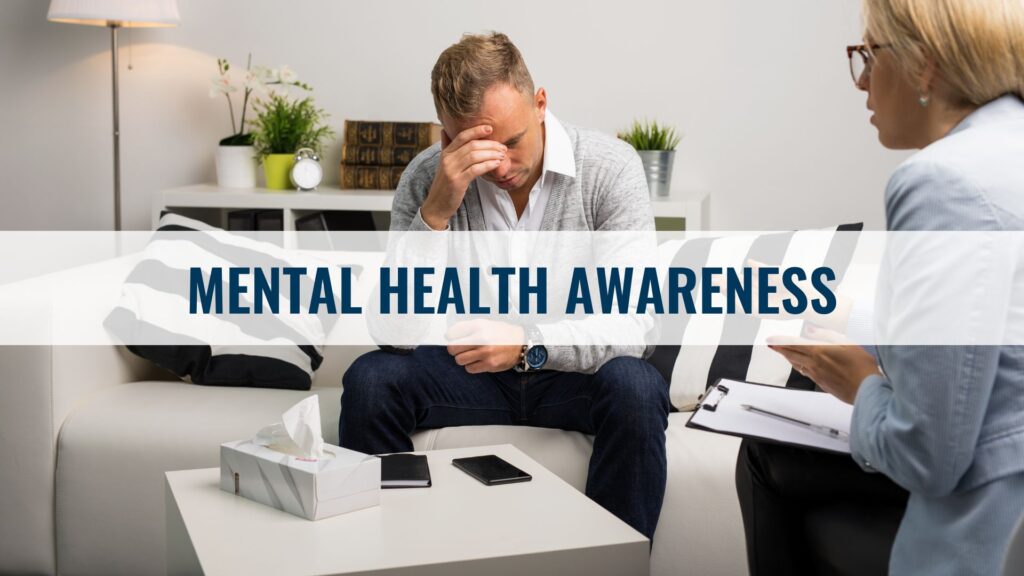May is Mental Health Awareness Month, a national health observance dedicated to shedding light on mental health conditions and fostering understanding and support for those experiencing them. Mental illnesses are among the most common health conditions in the United States.
According to the National Alliance on Mental Illness (NAMI), 1 in 5 adults experience a mental health disorder each year. Despite the prevalence of illnesses and increasing recognition of mental health as a critical component of overall well-being, stigma remains a significant barrier to receiving treatment and support. The fear of judgment and discrimination often prevents individuals from seeking help.
It’s imperative to raise awareness and educate others about mental health to combat stigma and create a more compassionate and supportive society. Here are some tips for reducing the stigma associated with mental health:
- Educate yourself and others. Understanding the complexity of mental illness, including substance use disorders, can help dispel misconceptions. Take the time to learn about mental health conditions, symptoms and treatments.
- Talk openly. Break the silence surrounding mental health by initiating open and honest conversations with friends, family and colleagues. By sharing personal experiences or listening without judgment, you can create a safe space for others.
- Choose your words carefully. Avoid stigmatizing words and use person-first language emphasizing the individual, not their condition.
- Encourage equality between physical and mental health conditions. Mental illness is a medical condition, so it should be treated just like a physical ailment.
- Speak up. If you suspect someone is struggling with their mental health, send them messages of support or help them get on the path to treatment.
By taking proactive steps to reduce mental health stigma, you can help create an inclusive and supportive environment where everyone feels empowered to seek help. Together, we can break down the barriers that stand in the way of healing and acceptance.
If you or someone you know has concerns, talk to your primary care physician; they can refer you to a qualified mental health professional. Health insurance companies can also provide a list of available providers in your plan.
Also remember that Americans can call or text 988 or chat at 988lifeline.org for the 988 Suicide & Crisis Lifeline.







